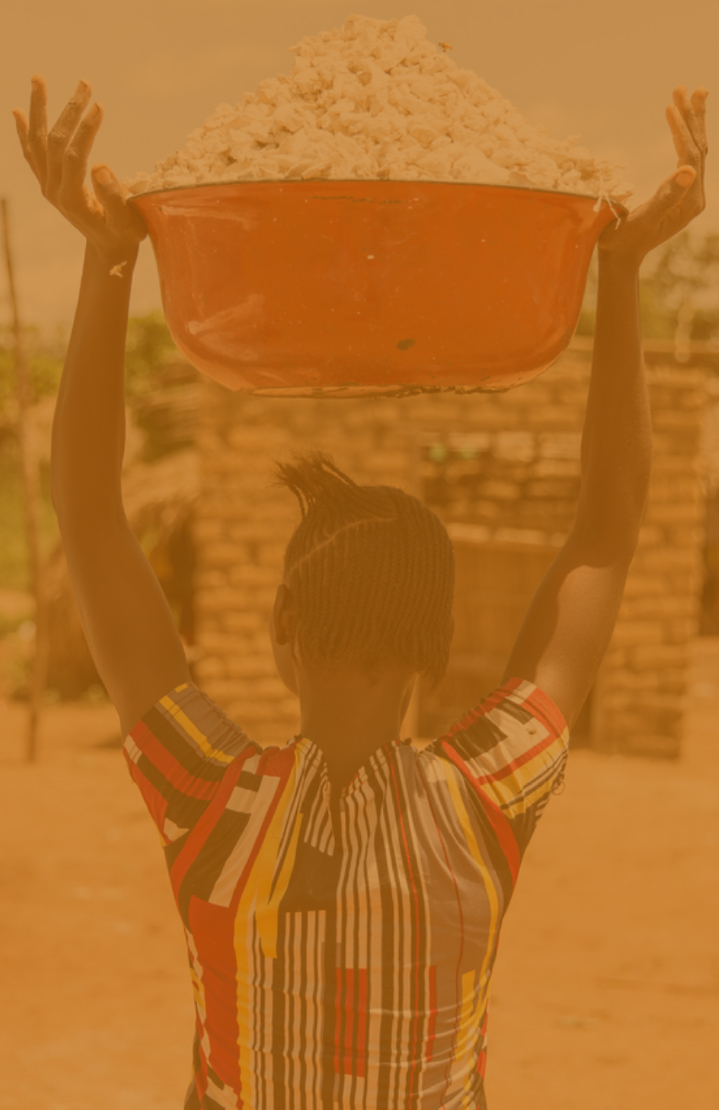-
Who we are
WHO WE AREThe International Organization for Migration (IOM) is part of the United Nations System as the leading inter-governmental organization promoting since 1951 humane and orderly migration for the benefit of all, with 175 member states and a presence in over 100 countries. IOM joined the United Nations system in September 2016.
About
About
IOM Global
IOM Global
-
Our Work
Our WorkAs the leading inter-governmental organization promoting humane and orderly migration, IOM plays a key role to support the achievement of the 2030 Agenda through different areas of intervention that connect both humanitarian assistance and sustainable development.
Cross-cutting (Global)
Cross-cutting (Global)
- Data and Resources
- Take Action
- 2030 Agenda
Displaying 505 - 516 of 527
SDG 15 - Life on land
Deforestation, land degradation, desertification and biodiversity loss can have profound impacts on communities whose livelihoods rely on natural resources and can be drivers of migration.
Image
Size
Medium
BG image
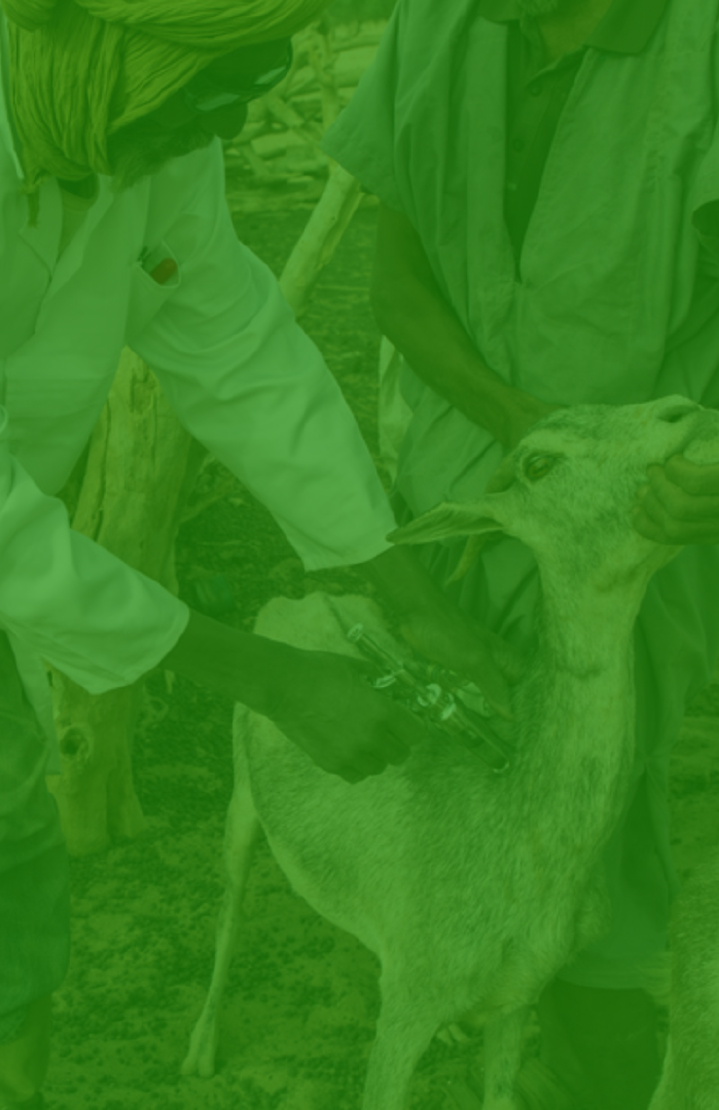
SDG 6 - Clean Water and Sanitation
Water scarcity and related issues may impact on living standards, food availability and health which in turn can be drivers of migration.
Image
Size
Small
BG image

Accordion
Value
listing_accordion
SDG 10 - Reduced Inequalities
Effective migration governance is vital for safer, more orderly and regular migration, which is a crucial factor to achieve sustainable development.
Image
Size
Large
BG image
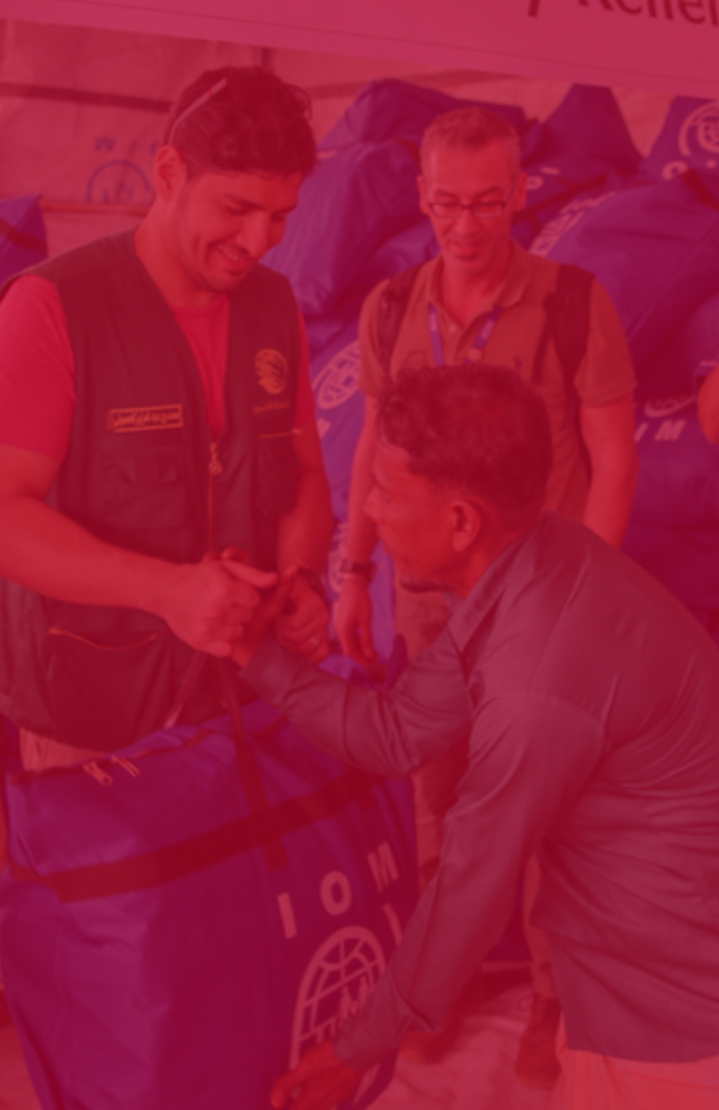
SDG 7 - Affordable and Clean Energy
Inexpensive and alternative energy solutions can benefit vulnerable or displaced communities with limited or no access to electricity.
Image
Size
Small
BG image
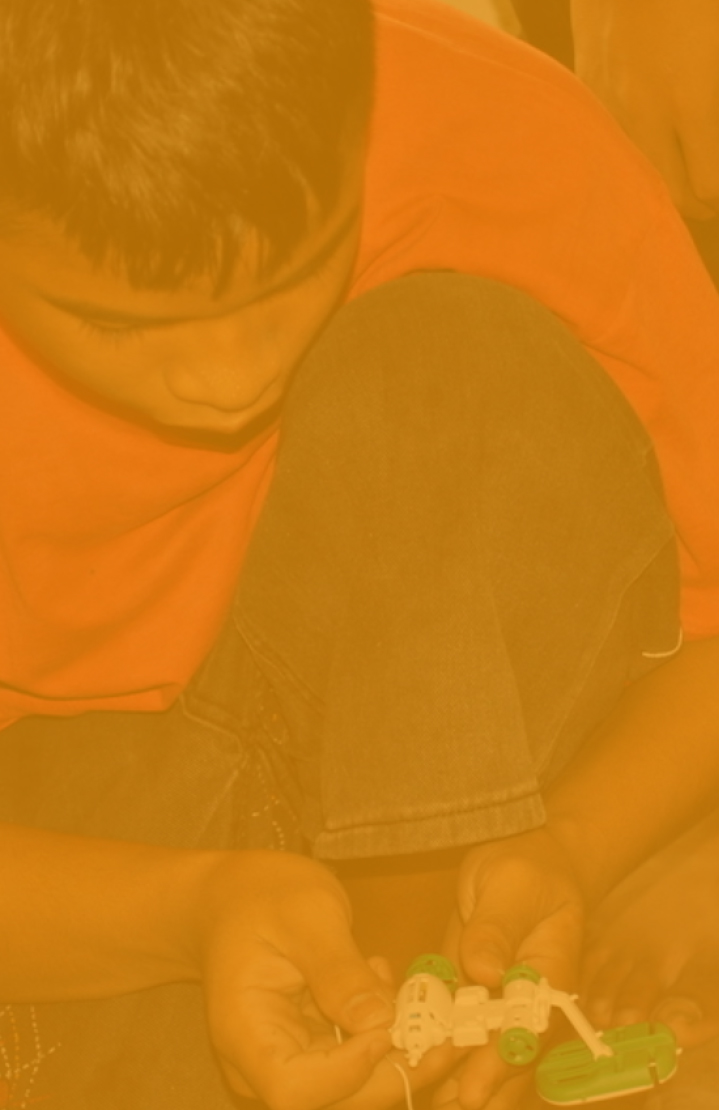
SDG 3 - Good Health and Well Being
Addressing the health and well-being of migrants is a precondition for social and economic development.
Image
Size
Medium
BG image
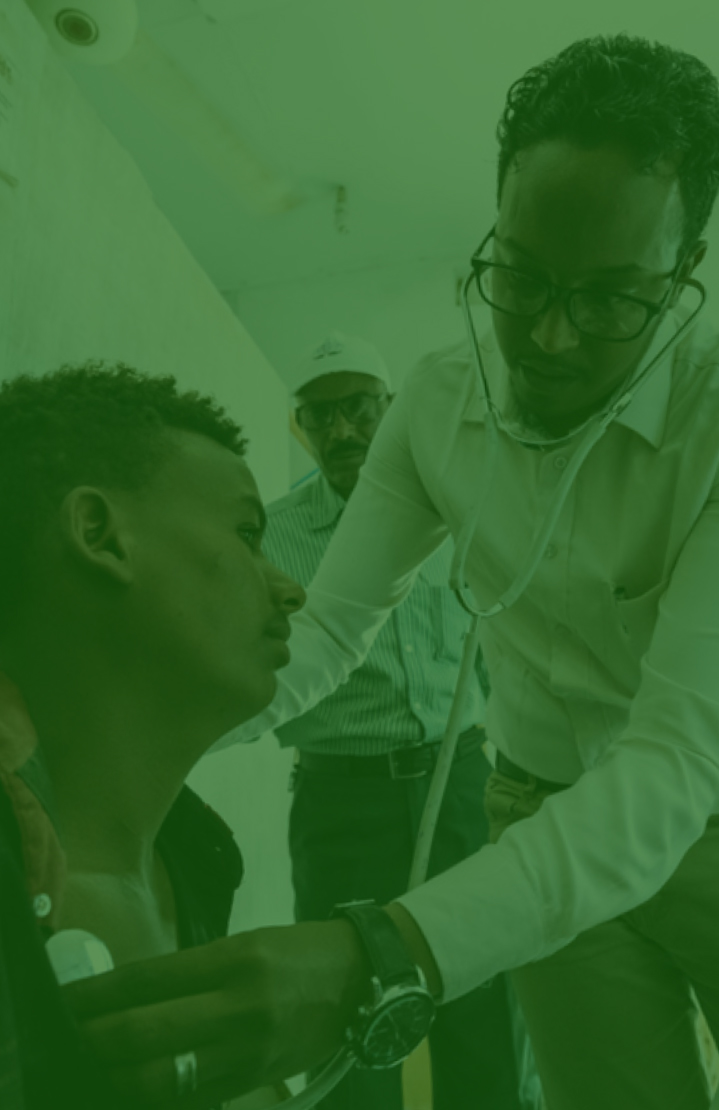
4 column, full width, title only, blue bg
Classes
fullwidth flexGrid -four-column title-only bluebg
SDG 8 - Decent Work and Economic Growth
Decent jobs and safe and secure work environments for migrants are essential if they are to become productive members of society and contribute to economic growth. In 2019, USD 714 billion in international remittances were transferred globally by migrants and diaspora back to origin countries.
Image
Size
Medium
BG image

Slideshow
Value
listing_slideshow
SDG 17 - Partnerships for the Goals
Timely, reliable and comparable data on migration can help policy makers devise evidence-based policies and plans to address the migration aspects of the SDGs.
Image
Size
Medium
BG image
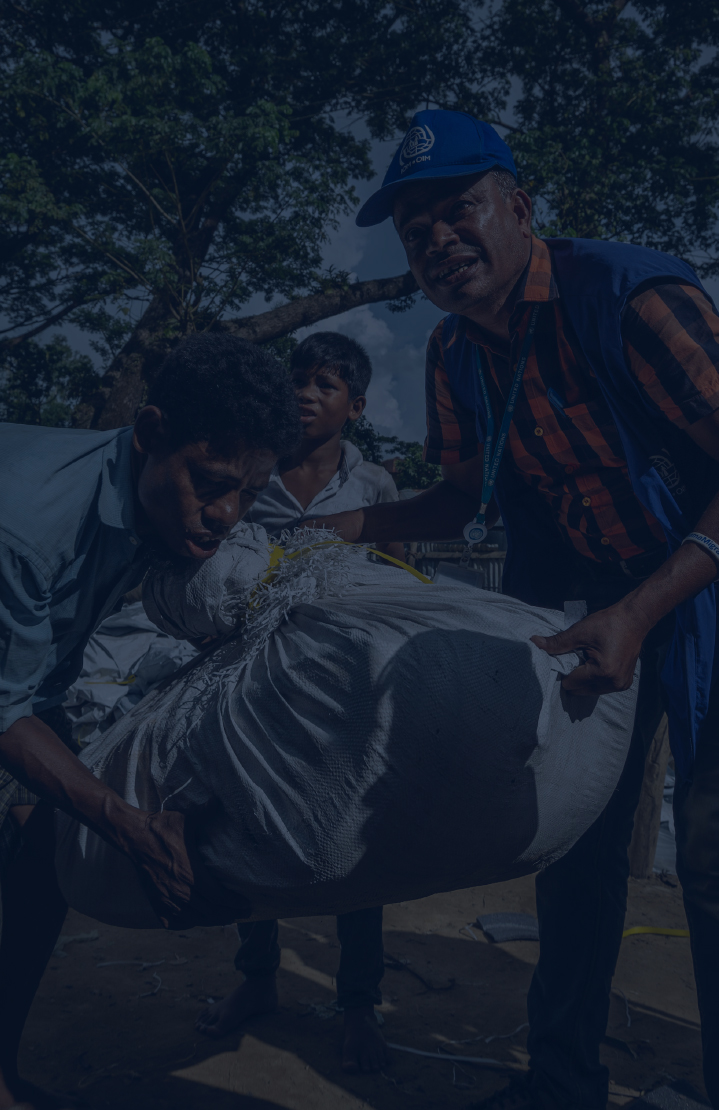
SDG 2 - Zero Hunger
Food insecurity can be a driver of migration for individuals and their families.
Image
Size
Small
BG image
